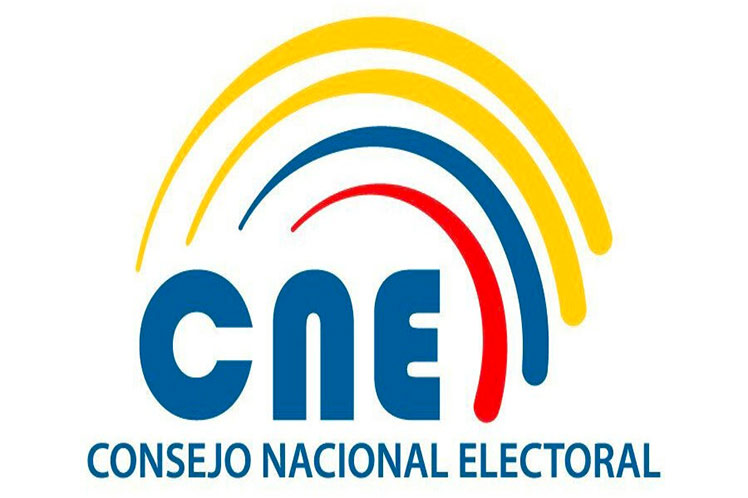Some 282,000 16-year-olds will not be able to exercise their optional right to vote in the upcoming electoral process -exceptional and early- to elect a new president, vice-president, assembly members and respond to two popular consultations, the newspaper El Universo reported in its Sunday edition .
The CNE explained that, since these elections have little time to be prepared, it will summon the same 13.45 million citizens that appear in the register used for the provincial and municipal elections on February 5.
In this way, they leave out those who have reached the age of 16 in recent months and who have, according to the law, the power to cast their vote if they wish, since suffrage is mandatory here for people between 18 and 65 years.
To them are added the more than 200,000 Ecuadorians who, faced with economic problems and the insecurity crisis, recently emigrated and whose names do not appear in the records to vote electronically from abroad.
There is discrimination and exclusion that cannot be explained in times of technology and urgent data updating, journalist and writer Orlando Pérez commented in this regard.
The current electoral process in this South American nation was anticipated after President Guillermo Lasso applied the cross-death mechanism and dissolved the National Assembly (Parliament) in the midst of a process of impeachment that could lead to his dismissal.
The elected authorities must complete the current mandate, that is, they will only govern or legislate until 2025.
There are eight candidates who aspire to the presidency and in view of the haste of the appointment at the polls they make tours of the provinces, interviews in the local media, talk with their supporters and promote their proposals on social networks.
Surveys indicate that the Citizen Revolution, with its presidential binomial headed by former assembly member Luisa González, leads voting intentions.
ef/rgh/avr










